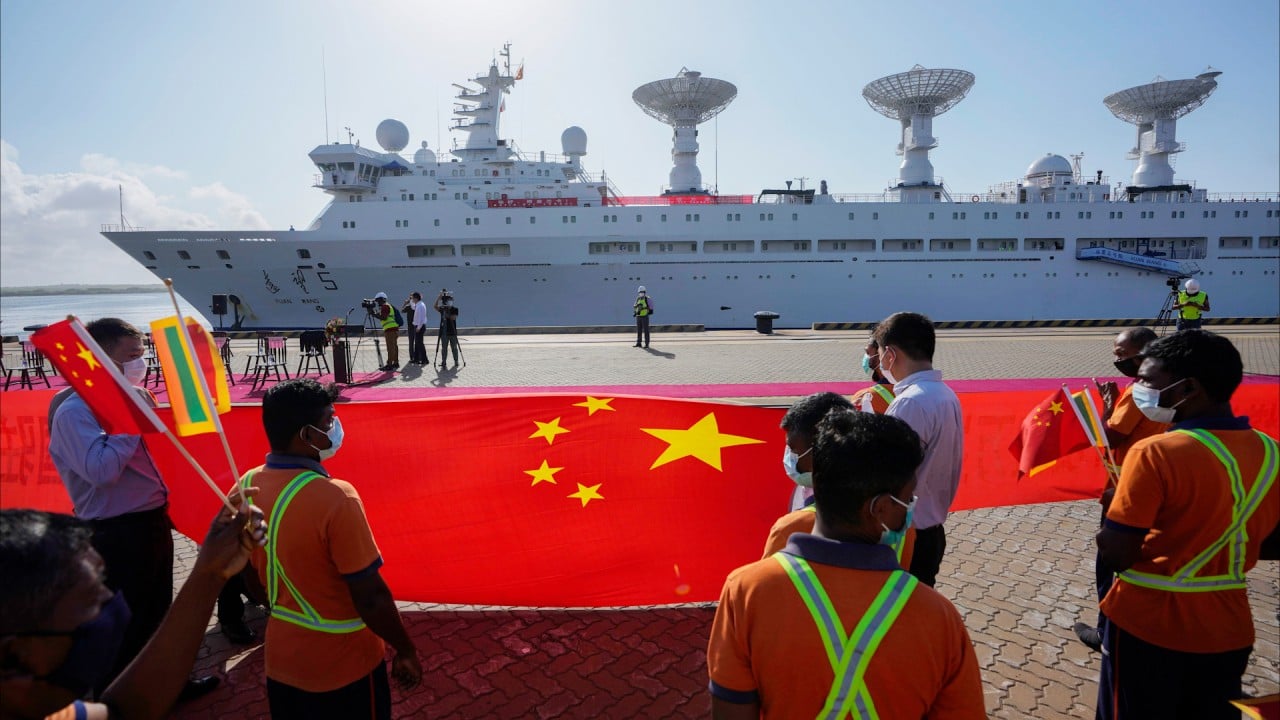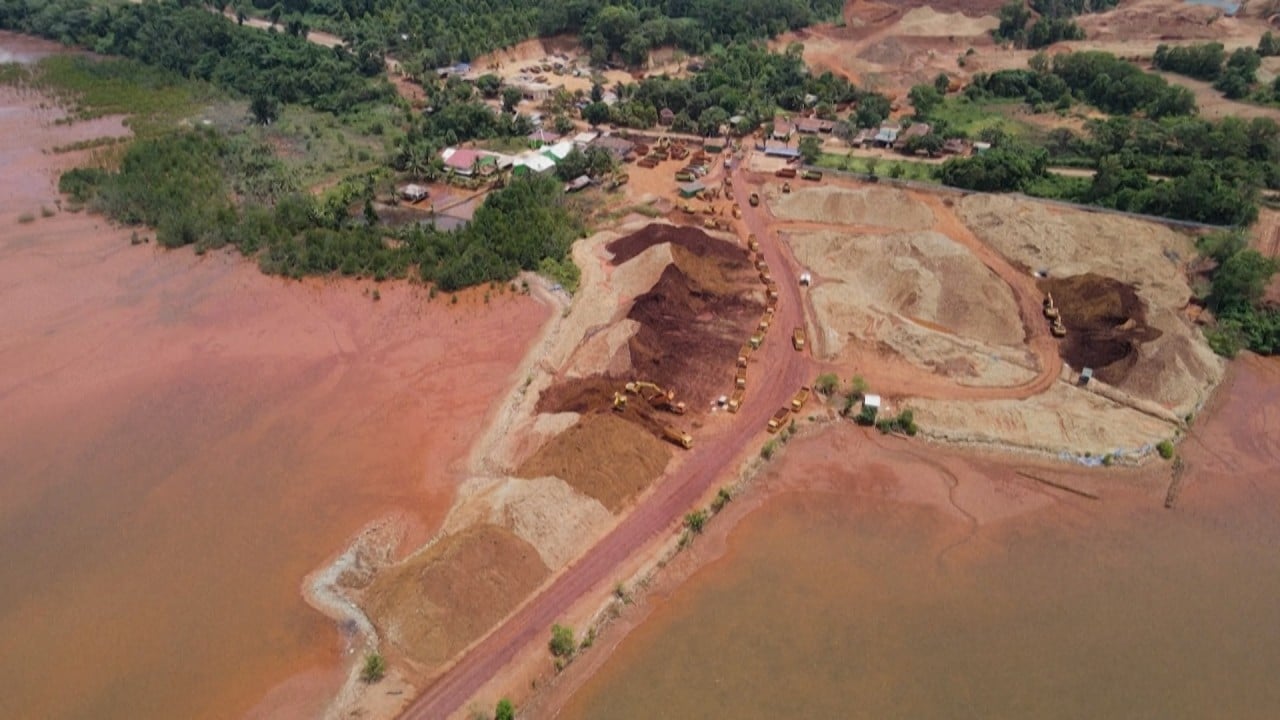
In Indonesia’s Chinese-funded nickel smelters, lives put ‘at stake’ as safety fears mount
- A string of fatal accidents at Chinese-funded nickel smelters on Indonesia’s Sulawesi island has workers clamouring for better protections
- Labour unions say health and safety rules are routinely being flouted, as rumours swirl of cover-ups – and victims being made ‘scapegoats’
Her husband, Muhammad Taufik, 40, worked as a welder at the Chinese-funded plant housing the smelter situated in the Indonesia Morowali Industrial Park (IMIP).
Since news broke of a fatal blast in the early hours of December 24, she had been unable to reach him.
His life was at stake in that job … he was often called to weld buildings where there had been major damage
But Verawati’s worst fears soon came true when a relative of her husband, who also worked at IMIP, was able to recognise Taufik among the dead.
“I did not think that the worries I had every night about my husband’s safety would some day come true,” Verawati said during a phone call with This Week in Asia.
The blast had left his body charred and face burned almost beyond recognition, she said, but they were able to identify him from the shape of his chin and his teeth.
“His life was at stake in that job … he was often called to weld buildings where there had been major damage,” she said, devastated that her two children had lost their father.
The deadly explosion happened as workers repaired a furnace plant owned by Indonesia Tsingshan Stainless Steel (ITSS), according to authorities.
Dedy Kurniawan, a spokesman for IMIP, told This Week in Asia that 21 people had died from the accident as of Thursday, including 13 local workers and nine foreign Chinese workers. Dozens of burn victims were also undergoing intensive care.
“As for the cause of the incident, we are still waiting for the results from the police investigation,” he said.

It marked the most recent in a string of fatal accidents occurring at nickel-smelting facilities in Sulawesi, which houses two of the country’s most established nickel-refining hubs.
ITSS, which runs the smelter where the recent blast occurred, is a tenant of the IMIP industrial estate that was founded by China’s Tsingshan Holding Group – one of the world’s largest producers of nickel – and Indonesian mining company Bintang Delapan
IMIP started operating in 2015, mainly to process nickel for use in stainless-steel production and, more recently, to refine the ore for electric vehicle batteries.
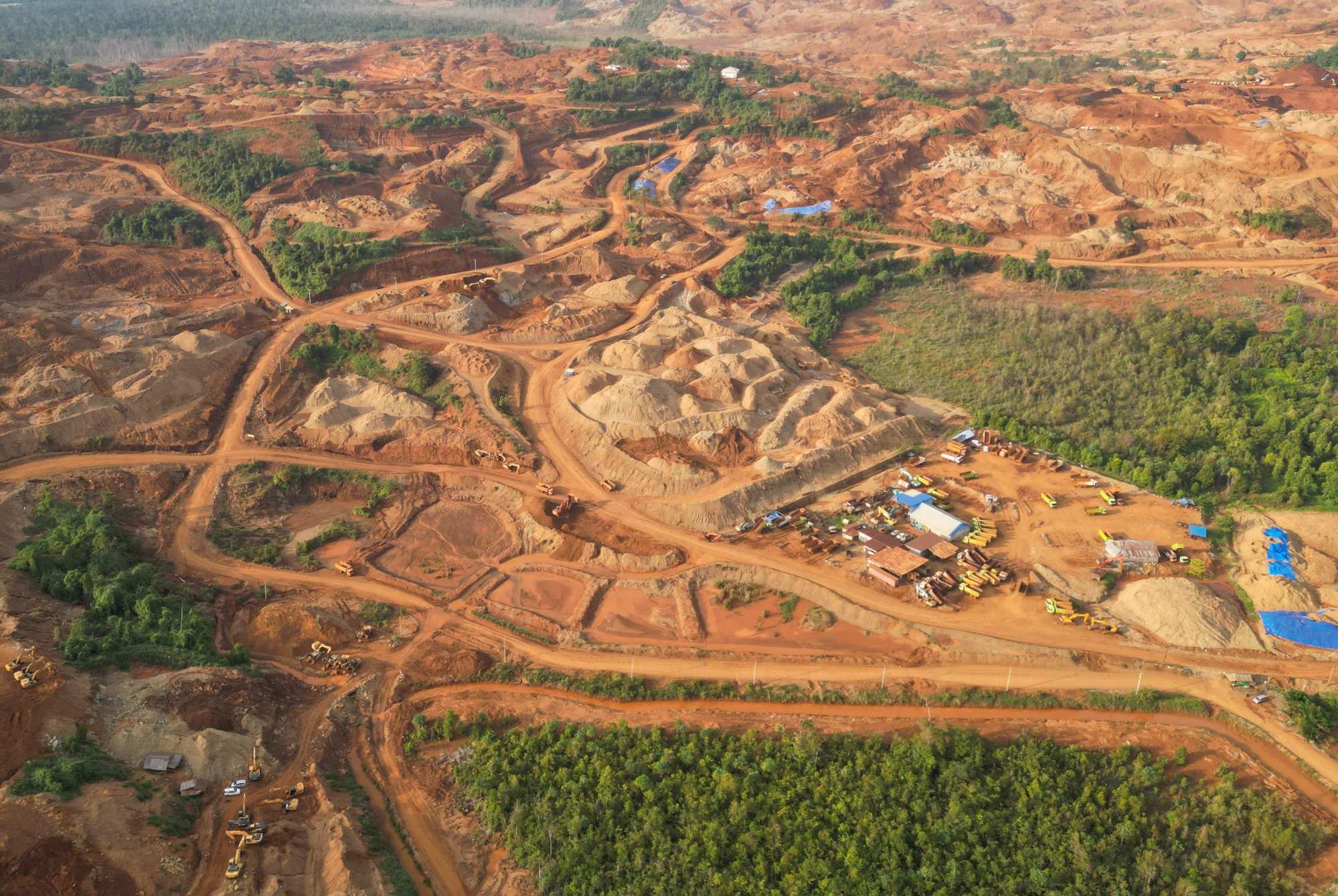
With China pouring billions of dollars into Indonesia’s nickel sector in recent years, the export ban strategy has proved to be lucrative for Southeast Asia’s largest economy.
But as Indonesia pushes forward with the expansion of its nickel industry, there is mounting concern among workers and activists that persistently dangerous working conditions in the smelters will result in more deaths.
Safety regulations not met
According to data from Trend Asia, a Jakarta-based non-profit organisation that focuses on energy transformation and sustainable development, at least 53 workers died at nickel smelters in Indonesia between 2015 and 2022. That number includes 40 local workers and 13 Chinese nationals.
And last year alone, the Makassar Legal Aid Institute recorded at least 19 fatal incidents at nickel-processing facilities that resulted in 16 deaths and 37 injuries.
Following December’s incident, hundreds of Indonesian workers protested against the conditions at the plant in IMIP. Their demands included improved maintenance of smelters, better access to health clinics for workers and the enforcement of occupational health and safety measures, according to a report by local news outlet Kompas.
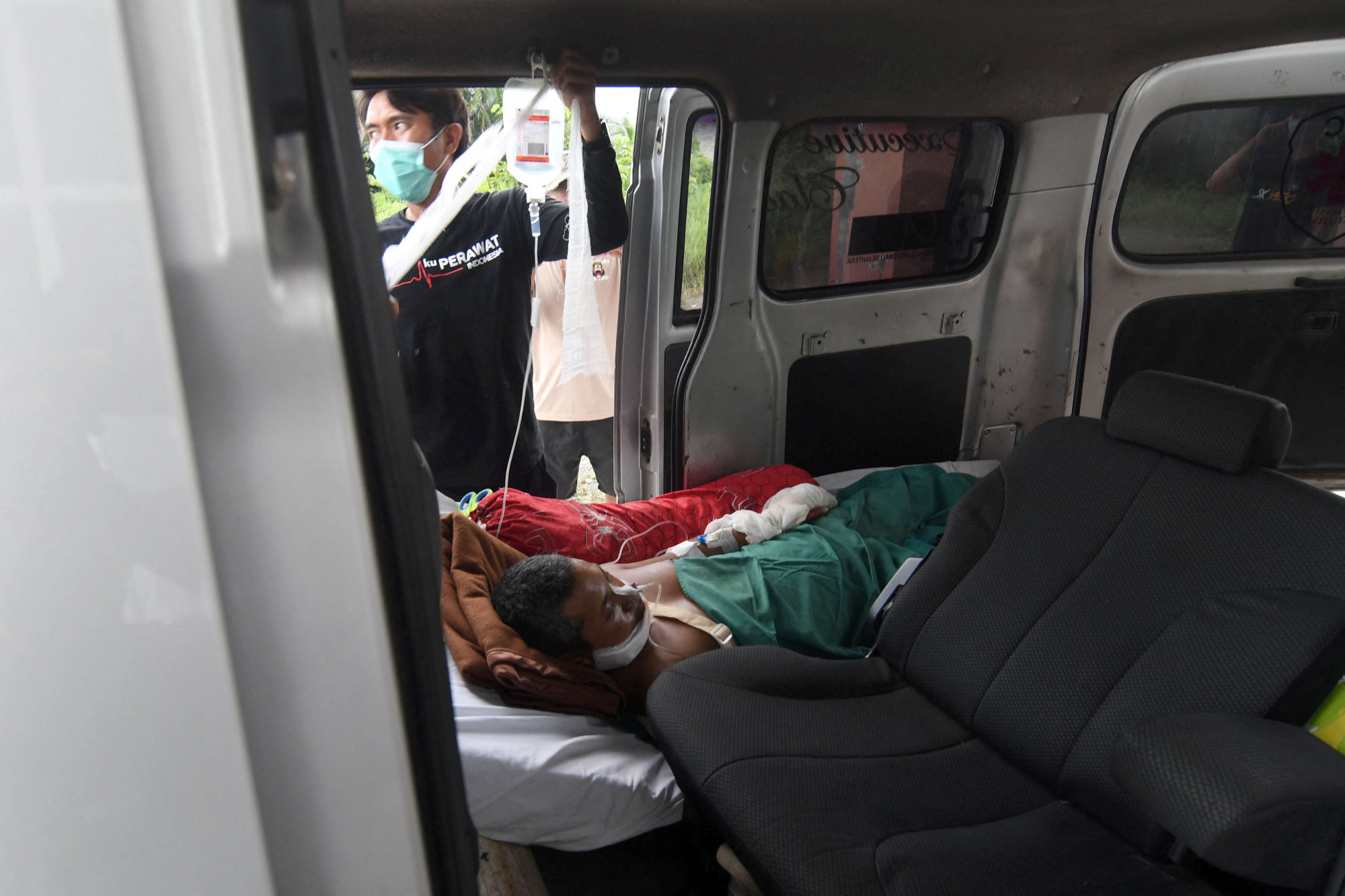
Dedy, the IMIP spokesman, told This Week in Asia that workers’ main demand had been for compensation, both for those who were injured and the families of those who had died.
“We have met that demand,” he said. “The other demands, we are still in discussion with the labour unions.”
Verawati said she had been given compensation amounting to 600 million rupiah (US$38,600) by the company for the death of her husband Taufik, and that it had promised to pay for their children’s education up to university.
But labour unions and activists say few changes have been made over the past year by companies in Morowali to address worker complaints, despite the deadly incidents.
In all companies whose investment comes from China, the safety administrator positions are handled by foreign workers from China
In April, two dump truck operators died after being engulfed by black sludge after a nickel waste-disposal site collapsed. In January, another worker burned to death after coal dust caught fire and exploded in her proximity.
Hasrih Sonna, chairman of the Mining and Energy Federation, a labour union in Morowali, said ITSS workers had complained that the company was violating occupational health and safety rules set by the Indonesian Ministry of Manpower by appointing foreign workers as safety supervisors.
“In all companies whose investment comes from China, the safety administrator positions are handled by foreign workers from China,” he said.
But Indonesia’s regulations clearly require companies to fulfil work safety requirements, including holding the right certifications for the use of tools and work equipment by officers who work at the company, he added. “These are the things we are seeing that are not being met.”
ITSS had not responded to This Week in Asia’s queries at the time of publication.
According to Verawati, Taufik had been working at IMIP since 2017, initially as an employee in ITSS’ ferrosilicon department.
However, within a month, he was also assigned the role of welder for overnight shifts from 7pm to 7am, despite lacking the necessary certification for the position, she said.
Taufik’s relative Heru, who is also a worker at IMIP, told This Week in Asia that Taufik had been working overtime on the day of the accident to repair a furnace that required welding.
Heru, who requested a pseudonym for fear of reprisals, said that he had learned from other workers that the furnace Taufik was repairing often broke down and needed maintenance.
“We don’t know how old the furnaces here are because the ones imported from China use older technology, unlike the newer ones used in other companies in the IMIP area,” he said.
Finding a scapegoat
In March last year, three Chinese workers also filed a complaint over alleged inhumane working conditions in Morowali.
The unnamed workers, being represented by Jakarta-based AMAR Law Firm & Public Interest Law Office, said they had “experienced a lot of suffering – physical, psychological, financial – and to their dignity as human beings while working in [IMIP]”.
In their complaint, workers say they experienced respiratory problems, memory loss, a rapid heartbeat, and other health issues due to the dense smoke and poor air quality within the factory, which made it challenging to breathe.
They also reported being forced to work more than 12 hours a day without any holidays or rest days, having their passports withheld by their employers, and being stopped from leaving their compounds in Morowali.
Airlangga Julio, a lawyer for the firm, told This Week in Asia that they had submitted two reports to Indonesia’s National Commission on Human Rights, but were yet to make much progress on the case.
“These things move very slowly in Indonesia,” he said. “We want a comprehensive investigation but it will take time.”
But it is clear that the scope of the issue extends beyond what is currently public knowledge, Airlangga said, with workers alleging that they had personally seen and experienced accidents that resulted in serious injuries or deaths nearly every week.
Following the incident in December, Airlangga said that there needed to be a “deeper investigation” by the government into these companies to ensure that they take some responsibility and are held accountable.
[It’s] often the case that one or two workers are made the scapegoats and blamed for an explosion
He said the real number of accidents and fatalities in Morowali could be a lot higher because no official government data exists on worker deaths. There is also a lack of transparency from the companies concerned.
“Companies try to minimise the information that gets out,” he said. “If there are minor accidents or just one or two victims, they’ll tell the public that this is not caused by the companies but accidents, such as a worker falling.”
Airlangga added that it was “often the case that one or two workers are made the scapegoats and blamed for an explosion”.
“The underlying structural issues go unaddressed,” he said, including outdated safety regulations set by the government that fail to address specific conditions in the Morowali smelters.
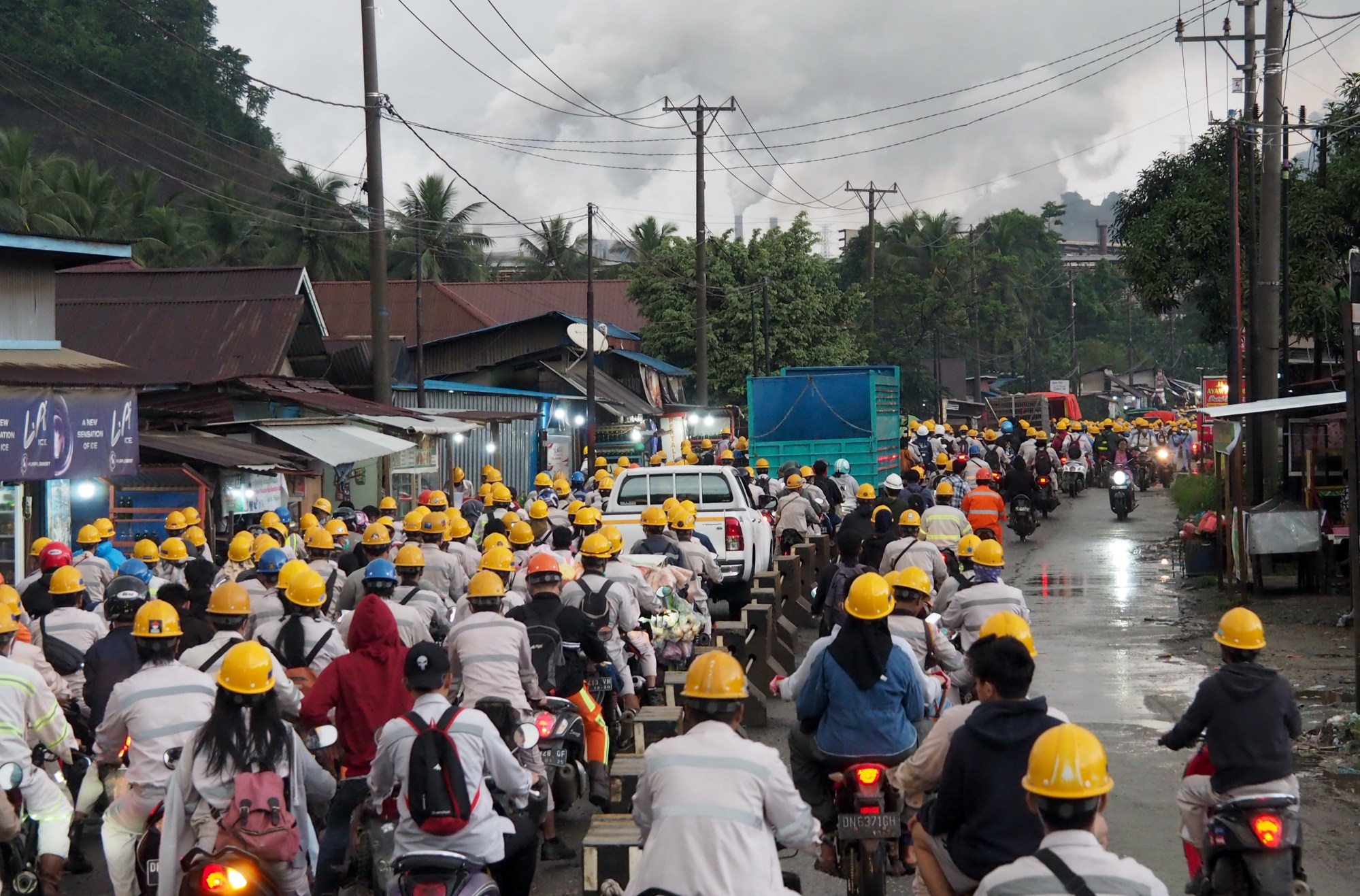
Insufficient protections
Indonesia’s National Commission on Human Rights, known as Komnas HAM, has an ongoing investigation into the working conditions in Sulawesi’s nickel sector, according to Commissioner Anis Hidayah.
She told This Week in Asia that during her visit to the smelters, she found that there was a clear lack of protections for workers.
“There was no effective monitoring for the workers by the labour inspectors,” she said. “This applied to both the local and the Chinese workers.”
Workers encountered obstacles in joining unions as companies only recognised a few, disregarding independent ones, she said, adding that companies were also lacklustre in their implementation of occupational health and safety measures.
There was no effective monitoring for the workers by the labour inspectors. This applied to both the local and the Chinese workers
“We have already made recommendations to the Ministry of Manpower on how to do the monitoring effectively to ensure that worker safety in Morowali is prioritised,” Anis said.
“We also identified the ways that the big companies in Morowali need to give workers their basic human and worker rights, including the right to join a union.”
As of February last year, there were 70,758 Indonesian workers and 10,690 foreign workers, largely Chinese, at IMIP.
According to Hasrih from the labour union in Morowali, there is a resounding fear among local workers that they might be involved in an accident.
Health and safety violations must be taken seriously or else they have the “potential to harm” tens of thousands of workers in at least 50 different companies in the IMIP area, he said.
Despite formal complaints being made to the Ministry of Manpower about the irregularities and issues that had been identified by the labour unions, no action was taken by the Indonesian government.
“And so, another deadly incident occurred at IMIP,” Harsih said. “The government must take responsibility for this.”
In addition to the occupational hazards concerning work safety, activists argue that individuals in Morowali are also jeopardising their health due to severe pollution surrounding the mining facilities, which leads to respiratory issues.
For Taufik’s wife Verawati, his death feels insurmountable. She urged the wives of other workers at IMIP to remind their husbands to pay attention to safety in the workplace.
“[Taufik] was waiting for us to visit him in Morowali,” she said, recounting the last conversation that she had with her husband at the start of his late-night shift.
He had promised that he would soon bring her and their children over for a trip to see where he worked in Central Sulawesi.
“None of us thought that this promise would be his last message to his family,” she said.



